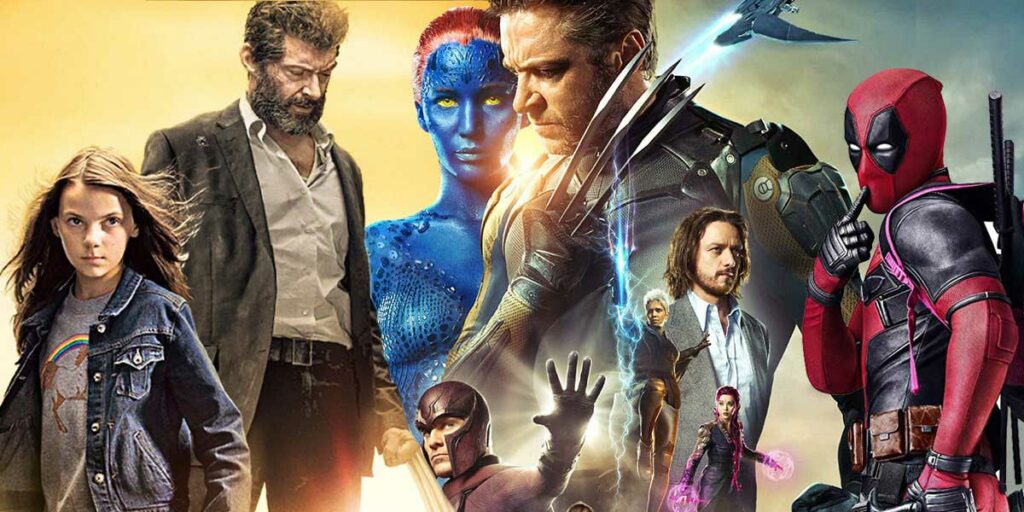A definitive list of all X-Men movies, ranked from worst to best, now complete with the release of The New Mutants for home streaming.
In honor of the release of the final Fox X-Men movie, The New Mutants, on streaming services and the franchise’s twentieth anniversary overall, I wanted to take this chance to rank the X-Men movies. Despite films of wildly disparate quality, Fox’s series stands as a critical building block in the modern hegemony of comic book movies. When the X-films hit they tell stories unlike anything else in the comic book movie canon and as such are worth remembering. Let’s take a look at all X-Men movies, ranked from worst to best.
13. X-MEN: THE LAST STAND
(2006)
Director: Brett Ratner
Writers: Simon Kinberg & Zak Penn
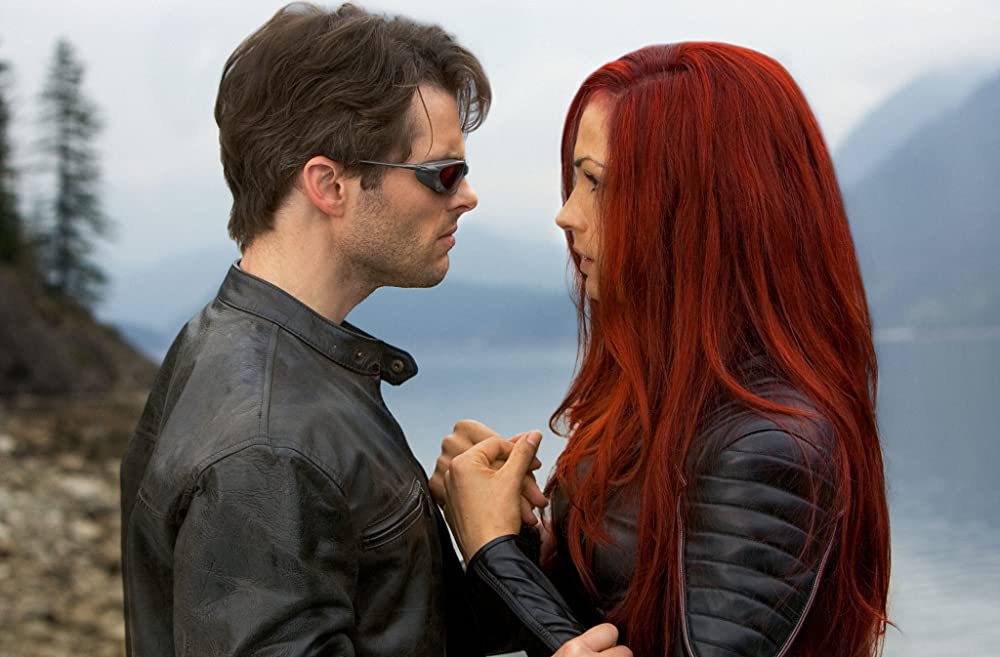
Director Brett Ratner has been pretty open about the X-Men comics having no meaning to him, and it absolutely shows on screen. Cobbling together two of the comic series’ most important story lines, The Last Stand manages the neat trick of absolutely bungling both. The film’s last act sees muddy visuals mixed with unexplainable character choices in a brew so toxic that it cannot help to lead one to question if he or she actually liked the series’ preceding films. Ian McKellan and Hugh Jackman, wonderful actors both, seem particularly lost in the muck here. The film is perhaps most remembered for making a proto-meme about the character Juggernaut into X-Men canon (“I’m the juggernaut, b—h”) – it speaks loudly to Ratner’s antipathy for the property (and towards women) and why The Last Stand belongs at the bottom of the pile of the X-Men movies.
12. X-MEN: APOCALYPSE
(2016)
Director: Bryan Singer
Writer: Simon Kinberg
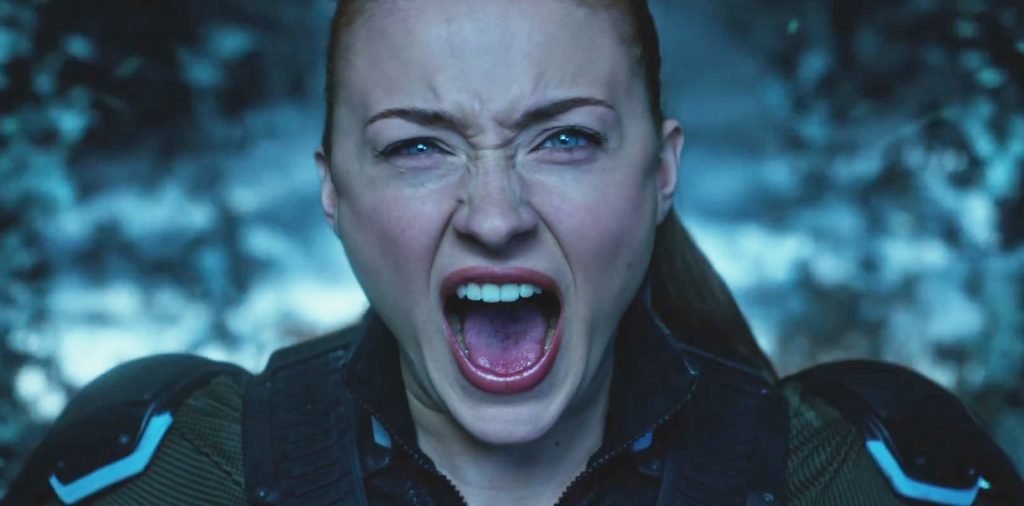
This is one of those films where it is hard to divorce the apparent off-screen conflict from the finished product. By many reported accounts, director Bryan Singer was deeply disengaged from this film’s production. The lack of leadership shows, as Apocalypse attempts to shoe-horn in new versions of well established characters and has no apparent interest in any particular fidelity to the canon of either the main X-Men movies or the First Class branch. There’s a kernel of an idea, here, where Apocalypse would have leaned into the sort of Saturday Morning Cartoon absurdity that made the X-Men animated series beloved, but that would have required a motivated director dedicated to nailing a tricky tone.
The tragedy, here, is that First Class and Days of Future Past got the prequel series off to a compelling, energetic start, and Apocalypse manages to so thoroughly waste it away. It is almost remarkable how both X-Trilogies manage to botch the third part so thoroughly, and the greater tragedy here is to waste still motivated performances from Michael Fassbender and James McAvoy. Oscar Isaac, Tye Sheridan, and Sophie Turner are among the many new faces given short shrift by the X franchises second nadir.
11. X-MEN ORIGINS: WOLVERINE
(2009)
Director: Gavin Hood
Writers: David Benioff & Skip Woods
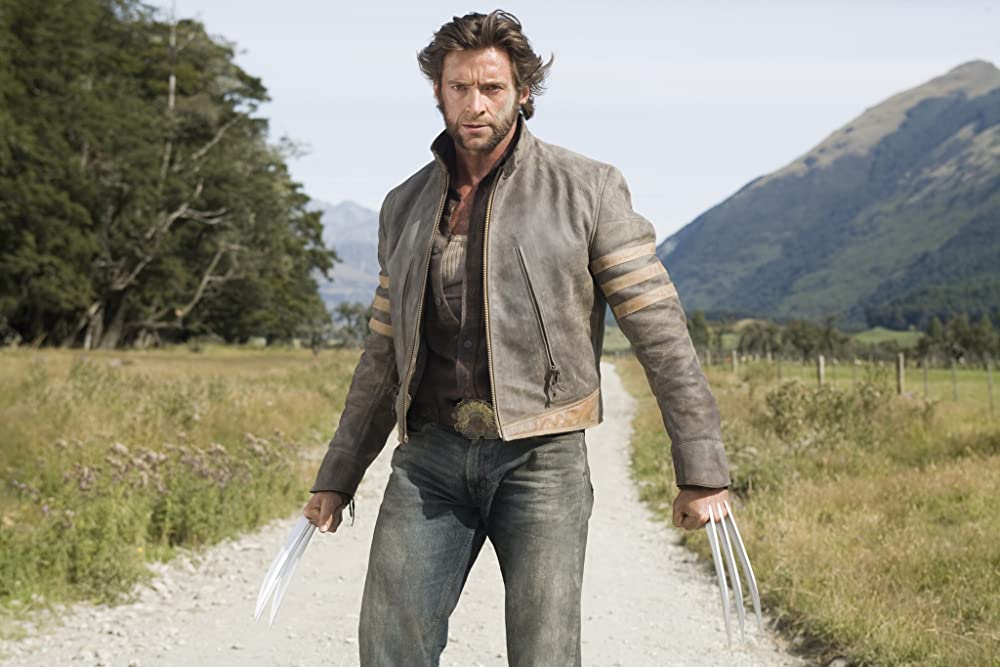
Another X-Men movie, another tale of Fox executives meddling with creatives. The idea here is solid – delve into Logan’s tragic tortured backstory through the lens of his relationship with his half-brother Sabretooth. Sabretooth – Liev Schreiber replacing Tyler Mane – marks one of the high points for the series’ villains. Schreiber is gravelly and menacing and brings a real energy to his scenes. Unfortunately, the film surrounding him is unworthy of his performance. X-Men Origins is an absolute mess, and showcases some of the most egregious lightweight, floaty CGI fights that have come to define many an early 2000s blockbuster.
In fairness, no film could survive the tortured world building on display here. The film’s torturous title arises from Fox’s intention of creating an entire series of X-Men Origins movies that would see the “untold stories” of many other mutants. A Magneto film was apparently furthest along in production before it was shelved and repurposed into First Class after this film’s poor response. Seemingly countless new characters are thrown at the viewer, including Ryan Reynolds’ Deadpool and Taylor Kitsch’s Gambit, both of whom seem shoehorned into the film to help facilitate their own eventual spinoffs. Alas Kitsch is a misfire as Gambit and Reynolds is well cast, but the character misused (as the Deadpool films themselves amply lampoon).
Alternate Version: While there is a marketed extended edition of the film, the “extension” actually just refers to a featurette tacked onto the back of the movie. Gross, Fox.
10. THE NEW MUTANTS
(2020)
Director: Josh Boone
Writers: Josh Boone & Knate Lee
Full review: Not worth the Wait After Three Years of Development Hell
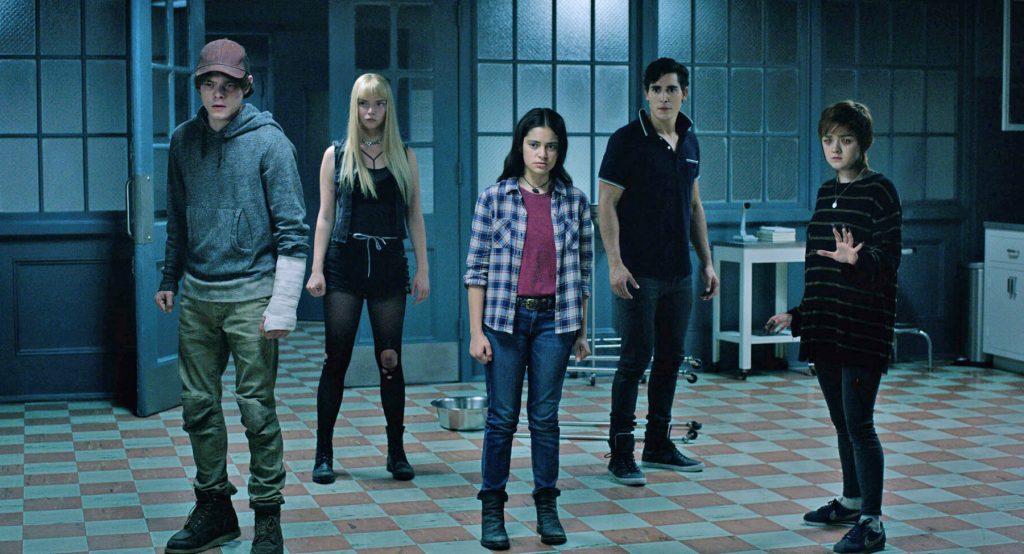
Poor The New Mutants dropped ignominiously in the midst of a pandemic to far more guffaws about its tortured production and release schedule than actual tickets sold. It’s too bad that the film – a perfectly cromulent horror tinged teen drama – will be remembered less for the actual movie and more for the behind the scenes drama. From rumored reshoots cancelled because of the Disney acquisition to a battle over horror movie vs teen drama between creatives and executives, the tension certainly bubbles into the product. The movie does commit a cardinal sin of franchise filmmaking – it feels like the pilot episode to a more exciting series of movies (that we’ll never actually get to see).
Regardless, the movie itself is a perfectly harmless sort of thing unworthy of any particular scorn. Even by the standards of the X-Men movies, it is messy and the tone is all over the map, but it is also has moments of fun and excitement unique from the rest of the X-Universe. To the film’s credit, it also features the first out, overt same sex couple in a superhero movie. The romance is handled with relative tact – at least as tactfully as anything in a movie like this could even be handled – and seems an important step forward for a genre that often seems tethered to the whims of misguided regressive cretins who are loud on the internet. I suspect The New Mutants will grow in importance over the years – it’s hardly a great movie but for some it may be the first time that they have felt seen in a big comic book movie.
9. X-MEN: DARK PHOENIX
(2019)
Director: Simon Kinberg
Writer: Simon Kinberg
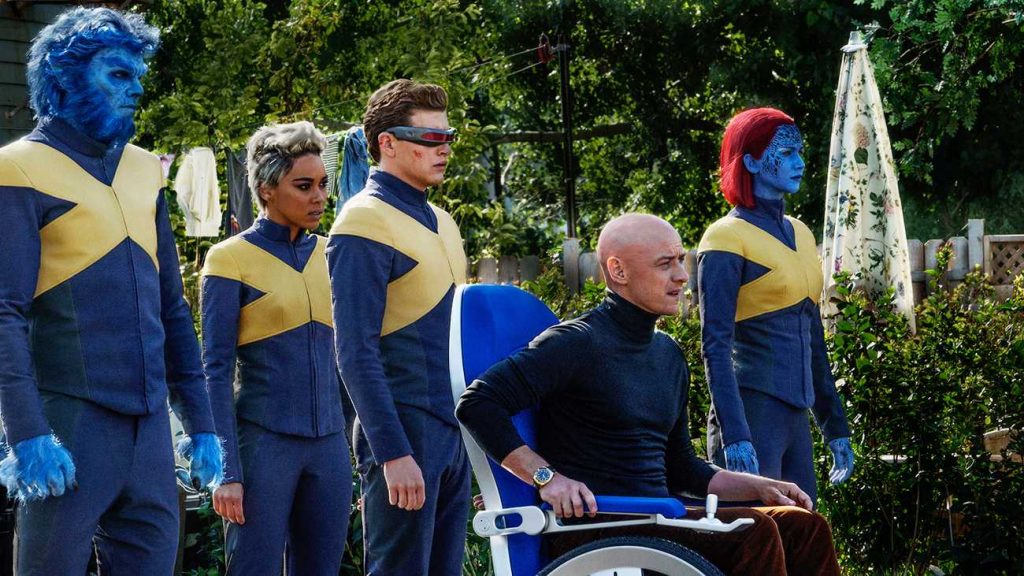
It seems critics really came for this one with knives out and I get why: the film was delayed numerous times and was rumored to have all manner of production difficulties. It felt like a forgotten child dropped in the aftermath of Disney’s acquisition of Fox, the irrelevant endcap to a decades long franchise. The trailers felt chintzy and the movie’s focus on Sophie Turner’s Jean Grey, who did not acquit herself well in X-Men: Apocalypse, and the feeling that the film was retreading the ground already told by X-Men: The Last Stand (narrator: it was!) is pervasive. Jessica Chastain is giving some sort of arch performance that simply does not work at all as the film’s heavy. Jennifer Lawrence seems deeply nonplussed that she signed on for a fourth X-film.
And yet… I think it’s fine. Nevertheless, it’s still fun to see McAvoy’s Xavier and Fassbender’s Magneto one last time. Sophie Turner grew into the Jean Grey role reasonably well. The film showcases yet another dopey fun Quicksilver slow motion action sequence. Dark Phoenix remains inoffensively amusing for most of its run time and really deserves less scorn than it seems to have among fans.
8. X-MEN
(2000)
Director: Bryan Singer
Writers: David Hayter (screenplay), Tom DeSanto & Bryan Singer (story)
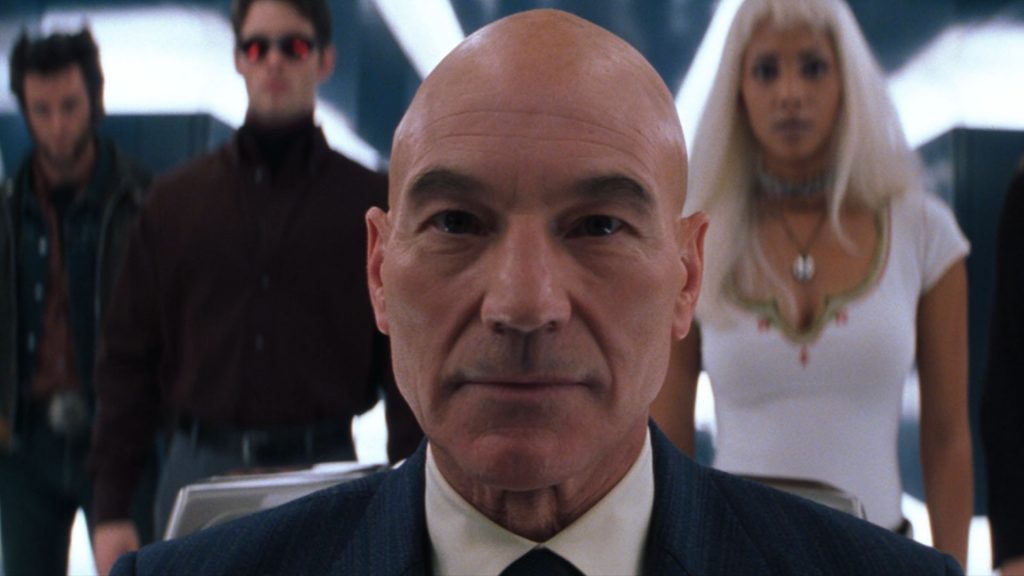
Watching X-Men now, two decades later, it is striking how seriously the movie treats its material. While a few jokes stand out (and that Halle Berry lightning line is as bad as ever), everything is treated with a near Christopher Nolan level of self-seriousness. Perhaps that’s part of why the film has not aged as well for me as I might have hoped. It is easy enough to look past the middling CGI and the poor makeup considering the film’s relatively modest profile – that isn’t the problem. Despite a wonderful core cast of Hugh Jackman, Ian McKellan, and Patrick Stewart, the movie just feels old in a way that isn’t quaint, merely left behind. There’s a fun case to be made that X-Men is one of the most important or influential movies ever on the business of Hollywood, just not a case that it’s close to the best movie in the franchise.
7. DEADPOOL 2
(2018)
Director: David Leitch
Writers: Rhett Reese, Paul Wernick & Ryan Reynolds
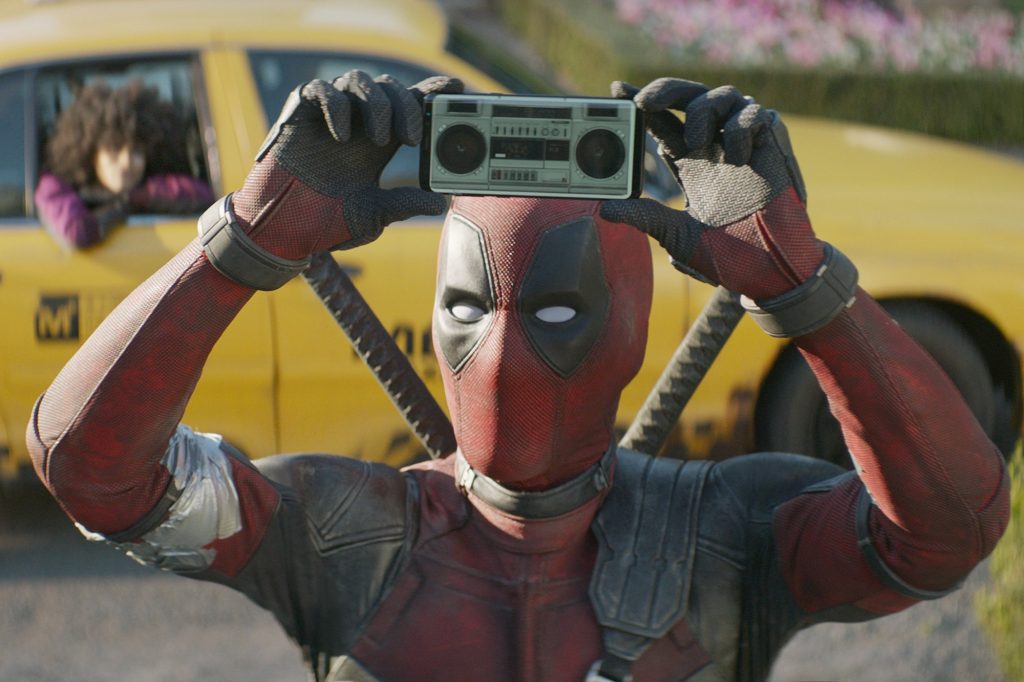
Deadpool 2 gets a bit of a bum rap. No it is not as madcap creative as the first film, but it remains a funny send-up of the franchise. Director David Leitch crafts wonderfully violent action sequences with a madcap sense of humor. Zazie Beetz and Josh Brolin bring game senses of humor to the proceedings too. While it largely avoids the curse of comedy sequels, it’s hard to ignore that Deadpool 2 does feel like diminishing returns. The jokes that brought guffaws the first round bring an appreciate chuckle the second – still it’s a perfectly pleasant, inessential watch.
Alternate Version: Once Upon a Deadpool cannot help but feel like a sad attempt to cash-in on Deadpool’s popularity among youths, Despite a reasonably charming Princes Bride inspired holiday frame story, the vast bulk of the film is just a muddled PG-13 recut of Deadpool 2. Just watch the original, even at the holidays.
6. THE WOLVERINE
(2013)
Director: James Mangold
Writers: Mark Bomback & Scott Frank
The Wolverine’s first 90 minutes are really quite wonderful. While the “white guy goes to Japan to learn about himself” narrative arc is perhaps a bit out of fashion in 2020, the sort of ronin ethos it conjures is deeply true to the character of Logan. Director James Mangold successful strips away the bloat that had come to define Jackman’s prior two starring appearances in the franchise. The lean, targeted approach lets Jackman bring new gears of tragedy and romance to a character largely depicted as little more than “bad ass” by Bryan Singer and Brett Ratner.
Unfortunately, the film’s last act is a turgid mess of concessions to the blockbuster-industrial complex. Small brutal fights that show Logan’s savagery are replaced by Wolverine fighting a big hokey CGI robot. There’s a universe where a Fox executives leave Mangold and Jackman to their own devices and The Wolverine turns out to be something very special – this, unfortunately, is not that universe.
Alternate Version: The “Unrated Extended Edition” sees Logan drop a few more f-bombs and the blood splatter is ratcheted up significantly – when we’re talking about a man with knife hands fighting yakuza and ninjas, this is the right aesthetic choice. The new version cannot work the magic of repairing The Wolverine’s bungled final act, but it does lay the groundwork for the grit that will help define the splendid Logan.
5. X-MEN: DAYS OF FUTURE PAST
(2014)
Director: Bryan Singer
Writers: Simon Kinberg, Jane Goldman & Matthew Vaughn
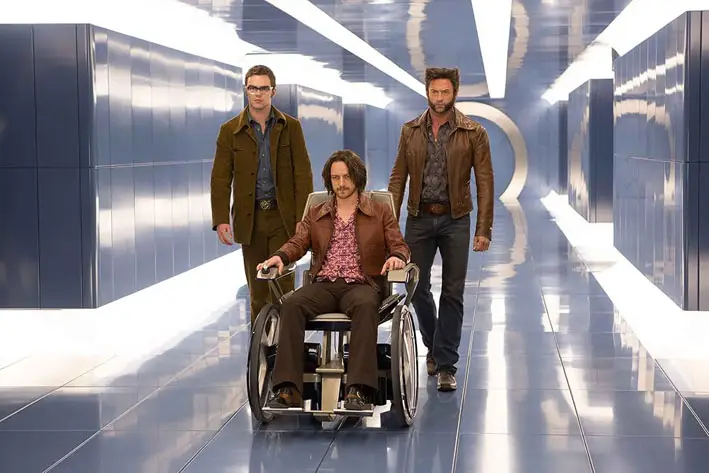
Bryan Singer’s initial return to the X-Men universe is a largely successful because of this film’s enormous, appealing cast. Bridging the gap between the original trilogy and the new prequel series through the magic of time travel, Days of Future Past sees Jackman’s Wolverine sent back through time to team up with the younger cast. The film’s strongest sequence sees a disheveled Charles Xavier, Beast, Quicksilver, and Logan infiltrate the Pentagon to rescue Magneto. Quicksilver’s slow-motion smackdown of various Pentagon guards remains one of the most joyously staged action sequences in all of comic films.
While the film is a bit muddled, the joy of seeing the original cast and the new helps elide over any concerns in plotting. Continuing off the success of Matthew Vaughn’s First Class, Days of Future Past leans into some arch period theming that makes for a fun blast of early 70s nostalgia. The film’s coda hints at a new X-Universe that would have purged The Last Stand from canon and allowed the original cast to carry on with “old X-Men” movies, but like so many things in the series it’s a good idea never actually puosued.
Alternate Version: The “Rogue Cut” adds a significant subplot with Anna Paquin’s Rogue character. It’s a reasonably effective sequence that helps clarify how the time link between eras works, and it’s pleasant to spend a bit more time with some of the original cast. However, the pacing on what is already a fairly long film is slackened enough that the Rogue Cut would probably detract from the experience for most casual fans.
4. X2: X-MEN UNITED
(2003)
Director: Bryan Singer
Writers: David Hayter, Michael Dougherty, Dan Harris, Zak Penn & Bryan Singer

The peak of the “original” X-Men trilogy occurs in Bryan Singer’s sequel. Freed from the necessity of origins and backstories, the movie is allowed to delve into the tension of the conflict between “good” and “bad” mutants. The war of ideas between mutants who want to protect their rights through integration versus those who take a more militant approach remains heartbreakingly relevant in 2020.
X2 sees the original cast at the peak of their powers and adds a nice sense of humor largely missing from the dour first film. The film opens with a creative flourish in one of the decade’s signature action set pieces as Alan Cumming’s Nightcrawler teleports his way through an army of secret service agents in a giddily exciting – and politically charged – sequence. It’s a remarkable piece of filmmaking that sets the stage for one of the stronger superhero movies ever made.
3. DEADPOOL
(2016)
Director: Tim Miller
Writers: Rhett Reese & Paul Wernick

Sitting here a few years, a sequel, and a good deal of overexposure later, it’s easy to question why Deadpool sits so high on the list. Nevertheless, Deadpool’s anarchic spirit was perhaps the perfect audience panacea to the first sense of comic book overexposure. Released on Valentine’s Day in a year that would see portentous and tiring “very important” comic book movies like Batman v. Superman: Dawn of Justice and X-Men: Apocalypse released, Deadpool struck just the right note of poking fun at the perpetual lunacies of the genre. It also gave us the perfect vehicle for Ryan Reynolds’ motormouthed sarcasm. It remains – with Thor: Ragnarok – one of the funniest comic book movies and a true delight among the X-Men movies. Love or hate Reynolds, he is as integral to this character’s success as Robert Downey Jr. is to Iron Man’s.
2. X-MEN: FIRST CLASS
(2011)
Director: Matthew Vaughn
Writers: Ashley Miller, Zack Stentz, Jane Goldman & Matthew Vaughn (screenplay); Sheldon Turner & Bryan Singer (story)
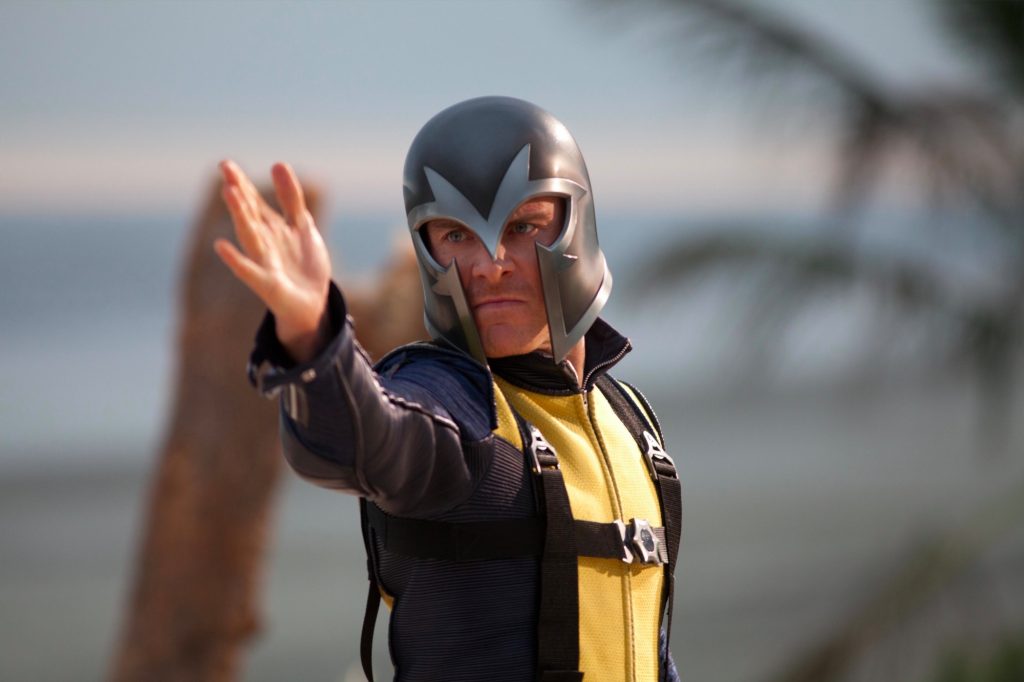
Here’s one thing the X-Men are not: cool. They’re supposed to be weirdo outcasts – allegories for those looked down upon or rejected by society. Somehow Matthew Vaughn (Kingsman: The Secret Service) manages to make the X-Men cool without losing the emotional core of what the characters represent here. Enlivened by a truly superb cast including Michel Fassbender, Jennifer Lawrence, James McAvoy, and Nicholas Hoult and brought to life with a vibrant 60s period setting, First Class gives the X-Men films a sort of confident swagger they had never seen before and would never achieve again. It has all the cool of a Connery Bond movie while maintaining a socially conscious core.
Matthew Vaughn makes movies that are extremely alive and that remains true here. His camera is active and creative – he is a master at finding at visually interesting way to depict genre material. It’s easy to forget now that when Vaughn was given the reigns in First Class the franchise was really from two largely loathed misfires in The Last Stand and Origins: Wolverine. It is no exaggeration to say his efforts saved the franchise. Vaughn had previously been offered the director’s seat for X-Men: The Last Stand but declined out of fear of Fox’s strict deadlines, and again was offered X-Men Origins: Wolverine but said no. He was attached to direct Days of Future Past as well until Bryan Singer opted to return to the franchise. It’s an interesting to wonder how the series might have evolved – or even ascended – if Vaughn had been put in charge of things sooner and stayed on board.
One last note on the actual movie – First Class’ strongest arc sees Fassbender’s Magneto hunting Nazis in Argentina. It remains perhaps the most viscerally exciting and surprisingly emotionally complex sequence in all of comic book movies. It makes for a mini-master class in filmmaking in the midst of a bravura summer tentpole.
1. LOGAN
(2017)
Director: James Mangold
Writers: James Mangold, Scott Frank & Michael Green
Here we are, the greatest X-Men film ever made: Logan. The simple reality of the X-Men series is that Hugh Jackman has been the leading man all along, and it’s only appropriate that his final performance as a character he made iconic is also the single best feat of acting in the entire series. Logan, loosely inspired by the Old Man Logan line of comics, sees Jackman’s Wolverine weathered and aged in a world where most mutants have been wiped out. James Mangold beautifully uses the tropes of Westerns to deconstruct – and build back – the iconic X-Men hero. The action is lean, gritty, and brutal, as Wolverine’s combat should always be – he’s a man with metal spikes on his hands who is quite literally designed to take two punches in order to land one. But where Logan most resonates is in its characters: stripped down to Logan’s relationship with just two characters, Patrick Stewart’s Professor X and Daphne Keene’s mysterious Laura, the film is able to delve deeper into the psychology, and damage, of our protagonist. All three performers are tremendous. Patrick Stewart was robbed of an Oscar nomination for his thoughtful and empathetic work.
In some ways, it’s sad that Logan was not the finale of the X-Movies. It would have made for a perfect endcap to the series of films in a way that streamlines all the various plot threads into one cohesive thematic frame. And yet, for such a bizarre and disparate series it almost makes sense that the least connected film in the franchise – The New Mutants – ends up as the series capstone.

